Saying goodbye, part 2 of 3: Retiring teachers talk about their time at Lowell and what’s next for them
By Sarah Magen, Olivia Sohn and Ian Wang
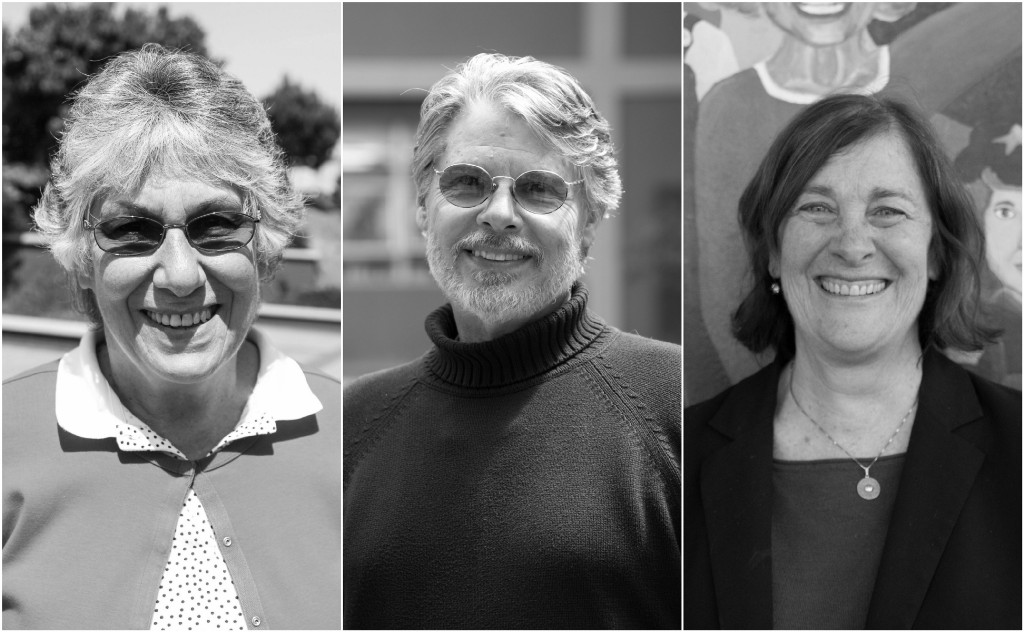
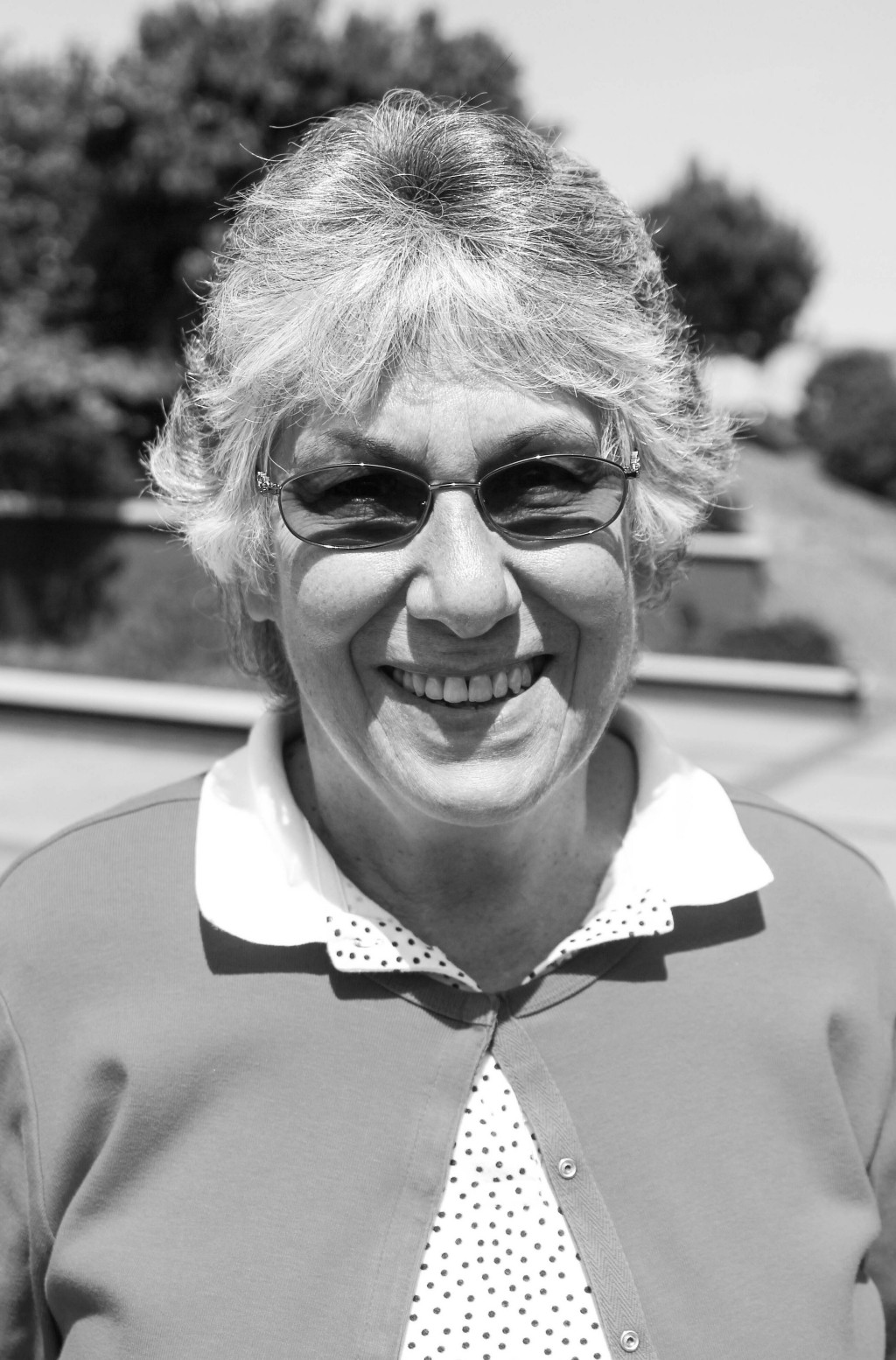
Cathy Innis, English teacher
By Olivia Sohn
English teacher Cathy Innis has been tackling questions about life and teaching students about the dangers of rhetoric in philosophy and AP English classes for 12 years at Lowell.
Innis also has a keen sense of adventure. Before she began teaching, she was a waitress, traveling and exploring the country with her husband, math teacher Laurence Warshaw, who will not be retiring this year.
What made you want to become a teacher?
I didn't become a teacher until I was 50, which is not the usual path. I was working on a master’s degree in philosophy at San Francisco State and I took this interesting course called Democracy and Education. We had to do service learning projects and so I went to Thurgood Marshall [High School] and was observing there. And that was sort of a new school with new education starting there. And I just thought it looked interesting — more interesting than what I was doing. Well, for a really long time I was going to school and working as a waiter. I loved going to school, but working as a waiter [was] really just the same old thing. So, I was glad to move on to a different field.
Why do you like philosophy?
Who doesn't? It's fun to think about things, especially things that are difficult to think about. Such as how to live your life, or what is the meaning of life or how do we know what we know? Those are interesting questions to know.
What are challenges you’ve faced and rewards you’ve reaped while teaching?
I definitely like being in the classroom and getting to know students and having interesting discussions. The challenge is, I don't like grading papers. And it's just like a homework assignment that hangs over my head and that has been a really tough thing to get used to. Especially since we have a lot of papers at Lowell. And I'm not very good at [grading papers], so I'm looking forward to not doing it anymore.
“It’s fun to think about things, especially things that are difficult to think about.”
How has your approach to teaching changed?
If a teacher is willing to listen to students, the students will teach you a lot. And so over the years, I've really become a better teacher because I listen to the students now and I think it really motivates them.
What have you learned from teaching?
Just to think carefully about who's speaking and what their motivation is, [and] the messages that they get from all around them. Writers have a point of view, and it's important to know what that is and to show students how to analyze what they're reading [and] not just taking it as gospel truth, which would be a mistake.
What are you doing after this semester?
I’m planning on going swimming, on going hiking, on going sailing, on playing golf, and reading more and visiting with friends. And, of course, I'll be going back east for the summer to visit my family; I do that every summer. That part won't change, but it will be nice [when] comes August 15th and everyone else will be in school, and I won't have to be in school.
“If a teacher is willing to listen to students, the students will teach you a lot.”
What is something that you haven’t forgot in all your years teaching?
If you could see my office at home, I have bookshelves that are filled with books, and a lot of them are books we’ve read here at Lowell. They've become a lot of my favorite books. And they'll probably be around for awhile, and I'll be thinking about those books and thinking about students at Lowell for a while.
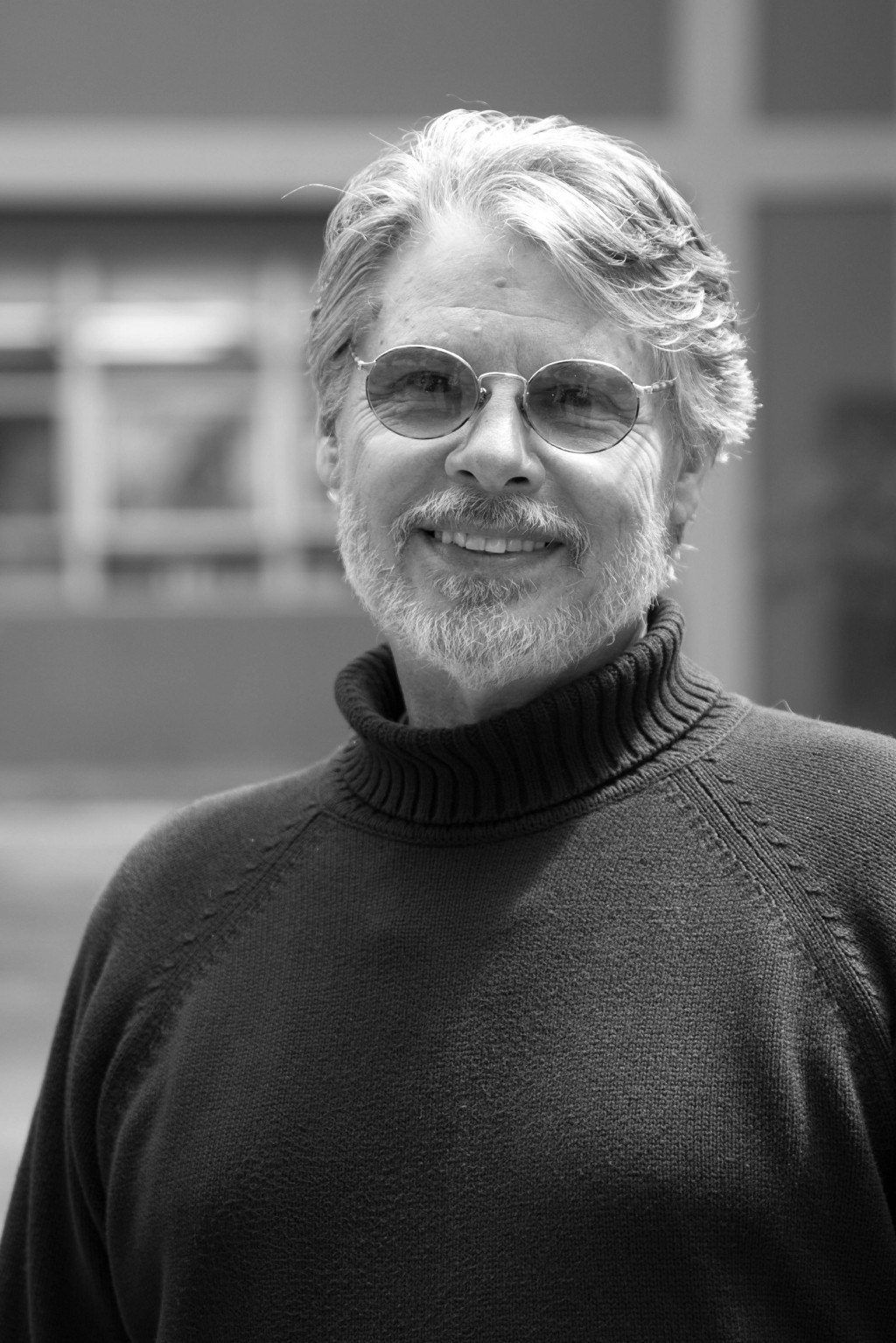
Chris Newhouse, science teacher
By Ian Wang
Science teacher Chris Newhouse has been teaching biology and human physiology at Lowell for the past 20 years. He has also taught biotech and botany.
Newhouse started out as a teaching aide at Jefferson Elementary School in a special education class. The growth of his students inspired him to go back to school to earn his teaching credentials.
How many classes do you teach?
I teach five classes a day and see about 200 students a day, but I don’t think the number of students that I see makes my job challenging. If anything, it makes it more enjoyable. The students are what makes this school special. They are bright, articulate, and inquisitive. I like when they ask questions about the curriculum, but I also relish the off-the-wall questions. I leave [Lowell] most days with a smile on my face because of my students. Over the course of each year, I really enjoy discovering my students’ personalities. Seeing their personalities surface gives me great satisfaction.
“I think it’s safe to say that I’ve learned more from them than they’ve learned from me. Not necessarily in a humbling way, but in a positive, uplifting, and eye-opening way.”
How has your approach to teaching changed over the years? Did anything about the job surprise you?
When I started out teaching, I tried to be strict. Over the years, as I matured off the course of my career as a teacher, I came to realize that patience is the more efficient than trying to be authoritarian.
Perhaps one of the most surprising things about teaching was how much I’ve learned from my students. I came in thinking that I was matured, but over the years I have grown quite a bit. I think it’s safe to say that I’ve learned more from them than they’ve learned from me. Not necessarily in a humbling way, but in a positive, uplifting, and eye-opening way.
Through teaching, I have learned how people learn and grow by watching my students mature. At the same time, it has made me aware of the change that I’ve personally gone through. Seeing how each experience adds to a personality is quite eye-opening. It’s amazing because many adults don’t see all of the change that they’ve gone through because they do not get to see the process of growing in action.
Favorite moment?
My favorite moment as a teacher was when one of my past students, who was in medical school at the time, returned to the city from San Diego to speak to my class. He spoke highly of his experience in my class and mentioned a lot of things that I told him in the classroom that I didn’t remember telling him. It was satisfying to know that I had a positive role on his path through life.
“My main hope for my students is that they [walk] away from my class not ceasing to discover themselves and most importantly, enjoy what they are doing.”
Is there anything in particular you want your students to take away from your class? Any last advice you have for the students here?
I want them to master the curriculum, but that’s not the ultimate goal. My main hope for my students is that they [walk] away from my class not ceasing to discover themselves and most importantly, enjoy what they are doing.
What are you planning on doing after this semester is over?
I’ve always enjoyed backpacking and hiking. After retiring, I plan to hike the Pacific Crest Trail, a trail that stretches from the U.S.-Mexico border to the U.S.-Canada border. I will be doing the stretch from Lake Tahoe, California to Bend, Oregon.
“As strange as it sounds, I also want to continue studying.”
Aside from backpacking, I plan to travel to Bremen, Germany in the winter when it is cold. I am excited to see the contrast between California, which is typically warm and sunny, and Bremen in the winter, which is cold, industrial, and brutal. The dark/bright contrast will be interesting.
I also want to go to India because it’s diverse and intense. Each region has its distinct culture and vastly different climates. India is so intense in every way because of its rich history and the large amount of people that live there.
I guess I’m looking forward to being worry free in my retirement. It’s really the first time in my life when I have the freedom to travel without a definite return date. Plus, I am not limited to six weeks, the usual length of my summer break. I don’t have to worry about missing flights so I can stay as long as I want.
“The last 20 years here have been the best 20 years of my life.”
As strange as it sounds, I also want to continue studying. I’m a voracious reader. I can easily spend hours in a cafe just reading. In my free time, I will be exploring quantum theory. It’s something that I’ve always been interested in. And because I won’t have many major time constraints, I can read more and more often. I particularly enjoy reading in cafes in France and Italy. The musicality of those two languages makes them amazing to listen to and it makes reading all the more enjoyable.
Last words?
The last 20 years here have been the best 20 years of my life.
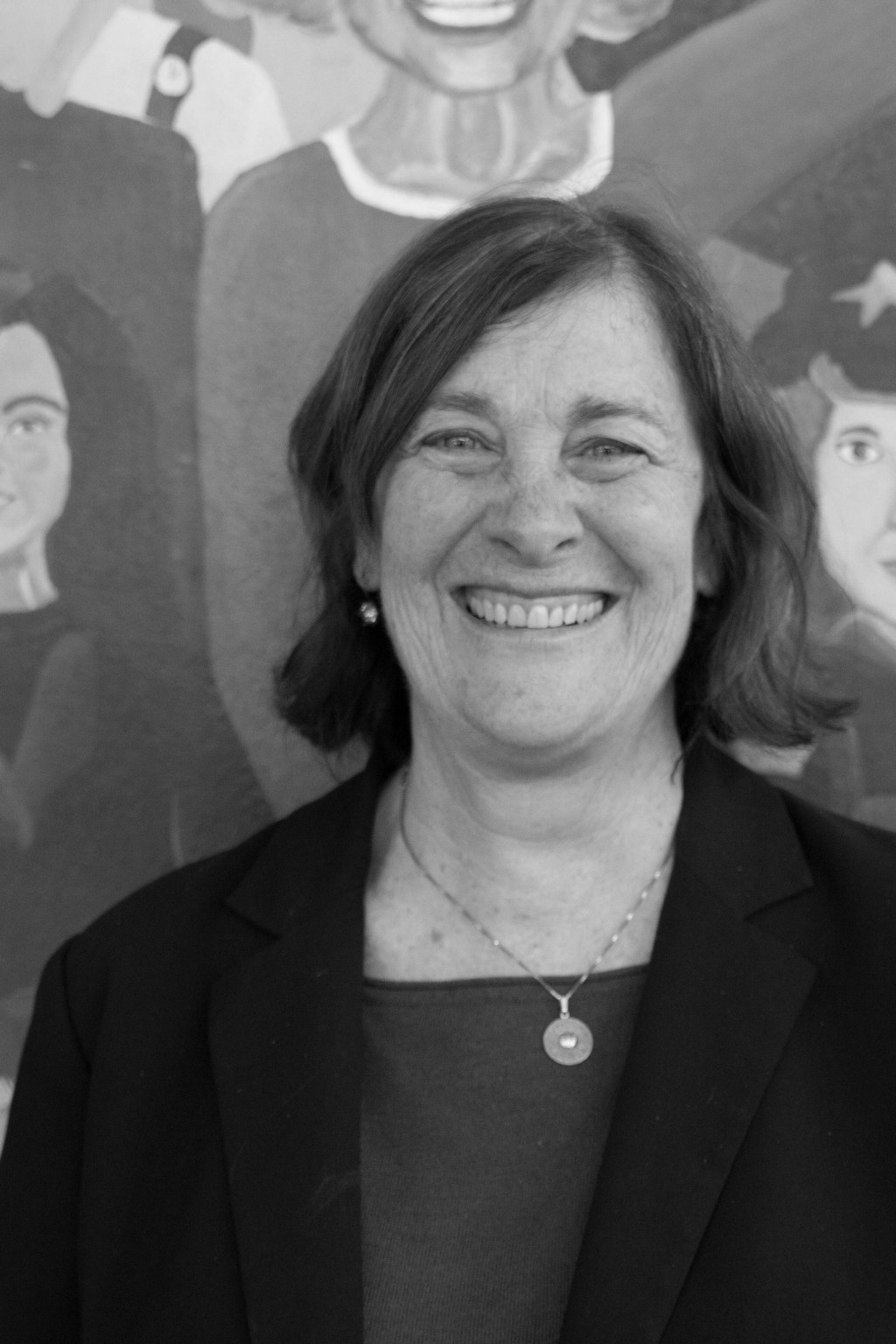
Teresa Bookwalter, visual and performing arts department head
By Sarah Magen
“Teaching is big in my family, but I didn’t set out to be a teacher,” VPA department head Teresa Bookwalter said. “But once when I was about seven or eight, I was playing school [with my cousins], and my grandma said, ‘Terry, you’d be a really good teacher.’ And maybe that did it.”
During her career, Bookwalter has taught English, religion, literature, music and theater. She has also served as the VPA department head for the past eight years, directing and overseeing many school plays and musicals including this year’s production of Fiddler on the Roof. Before Lowell, she taught at Washington High School and Star of the Sea K-8 Catholic School.
Why did you decide to become a teacher at Lowell?
One day I thought I’d wander down to Lowell, and when I walked into the English office, there was a guy I sang in choir with when I was 18. That was Mr. [Thomas] Drain. He’s standing there saying, ‘What the heck are you doing here?’ and ‘I’m teaching here now.’ Right away, he introduced me, and that week I taught a whole week of AP something or other English class. I just got thrown right into it and it was fun!
I was subbing for a while and then they hired me for like a year-long position. Meanwhile, Mr. Drain was teaching theater. They had put him in the position without a lot of training, and he knew I had all this training since I came from a theater family. So he encouraged them to have me teach a drama class or two as well.
“Lowell students, you’re fearless. And it’s taught me that if you want to initiate something that means something to people, have the courage to do so — you can do it.”
What has been your favorite memory of Lowell?
Standing in the back of the theater, watching the Sunday performances, or any performances once they’re on their feet. Watching [the students] up there, playing the play, that’s pretty good.
I don’t teach the freshman honors [English] anymore, but there was a unit we did at the end of the semester before studying The Odyssey when we assign each student a myth. They had to really get into it and read a lot of different versions. We turned out the lights, and as it was in ancient times, we had everyone sit on the floor in the dark, and then one person lights a candle, tells his or her version of this myth and then blow out the candle at the end. It was magic in the classroom.
What has been your biggest challenge as a teacher?
The hardest part is never in the classroom, it’s dealing with bureaucracy. When I took on being head of the department, there was a lot of paperwork, and there’s a lot of drama behind the scenes that we have to deal with. But it’s worth it to get back to the classroom.
What do you hope your students take away from the classroom?
The love of literature and the love of English. [I hope to] keep that love there and make sure that those students can have a relationship with the text that soothes them during hard times. And to pass on those sonnets. They celebrate joy and sorrow, and Shakespeare talks about the rough times a lot and how what’s really valued is love.
I really want them in the arts. In theater, I want them to express themselves— whatever it is that they have to express, it helps them identify who they are. That’s what I want to provide for them in the theater. That chance to be all these other identities and again the joy of the language, the play itself, if the play can sing like you’ve seen it sing, that experience alone you can say, ‘Now I can die and go to heaven.’
“In theater, I want them to express themselves — whatever it is that they have to express, it helps them identify who they are.”
What have students taught you?
To set a high goal. You people are not afraid to try things that are really hard. You say you’re going to do a show in the park and you do it; that taught me a lot. Since I’ve started here, students have been doing that; they’ve been setting goals like that. Lowell students, you’re fearless. And it’s taught me that if you want to initiate something that means something to people, have the courage to do so — you can do it.
What’s next for you?
I don’t know, but I’ve never been bored in my life. I have four grandchildren and I always have a great time with kids, since I come from a family of nine children.
There’s actually one thing I’m hoping to do: find some [kids] under three [years old], and find a program where you can read them stories, because I think that’s where I’m going to make a difference. They talk about achievement gap. There are organizations I’ve heard of where you go into particular day cares where some of these kids’ home lives are not enriched, and you get those stories read. I feel like I’ve got to do that.
These interviews have been edited and condensed by Zahra Rothschild and Tammie Tam.




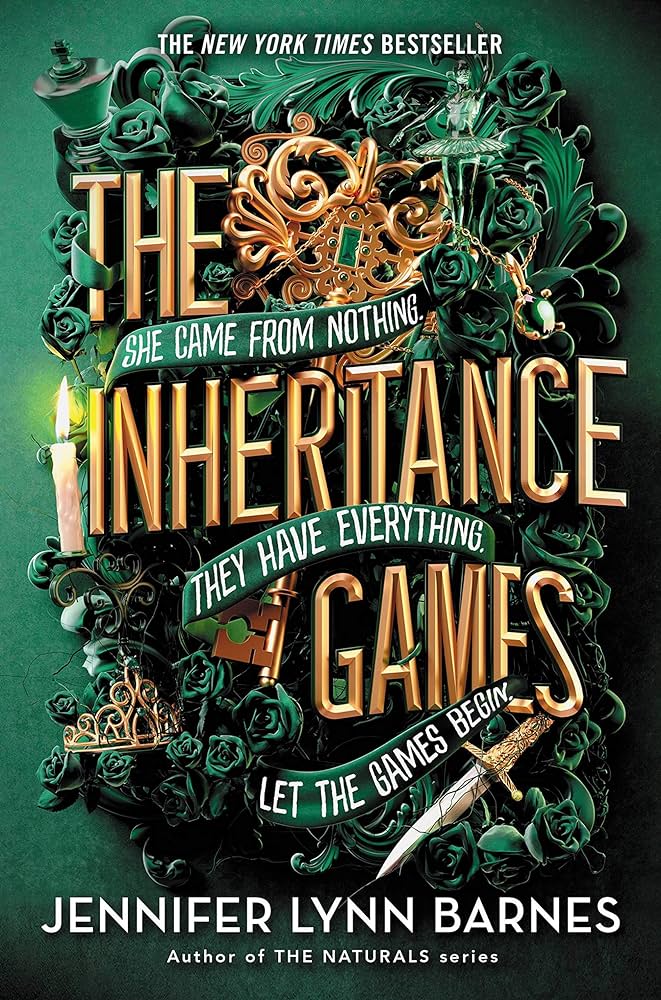
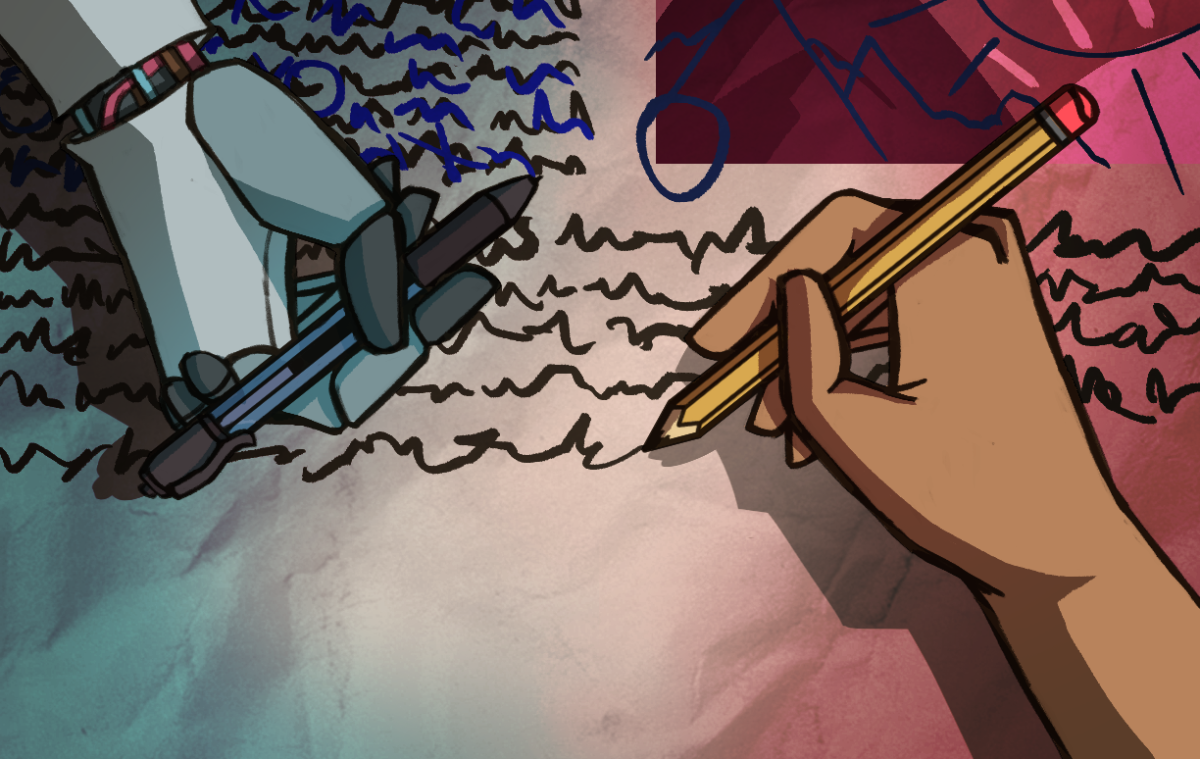
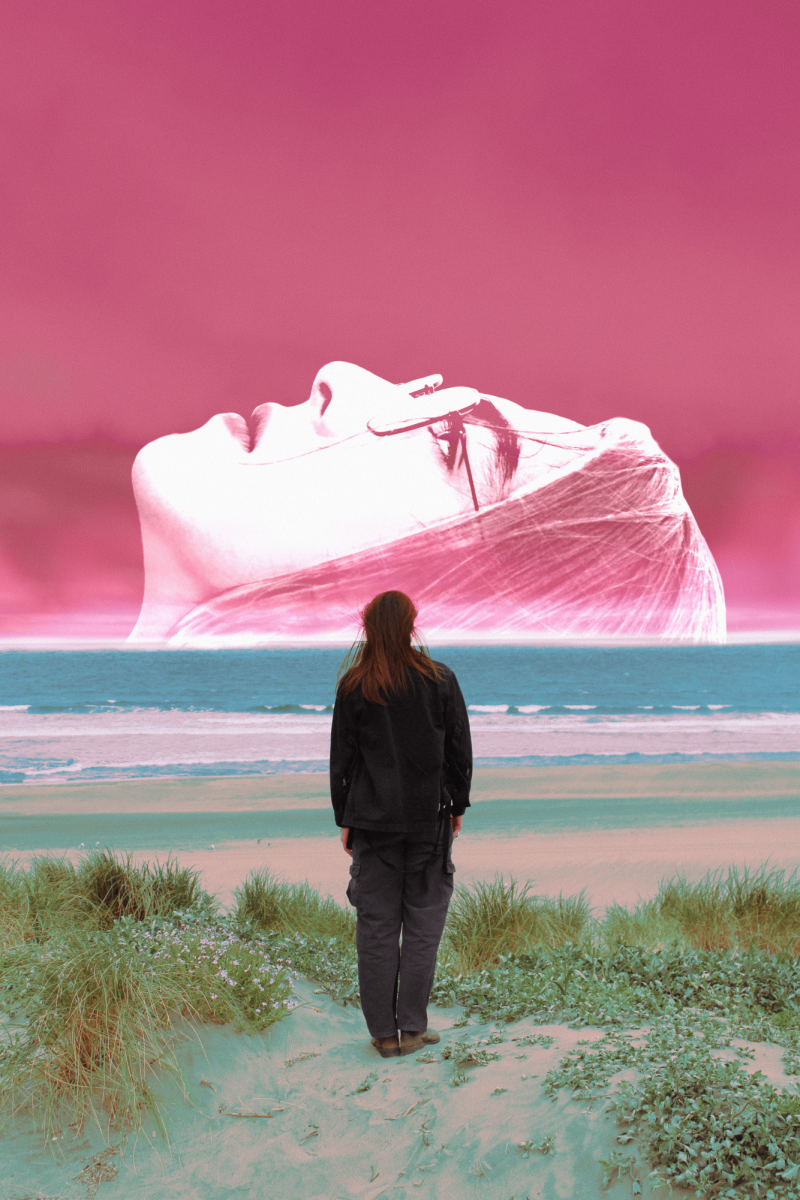

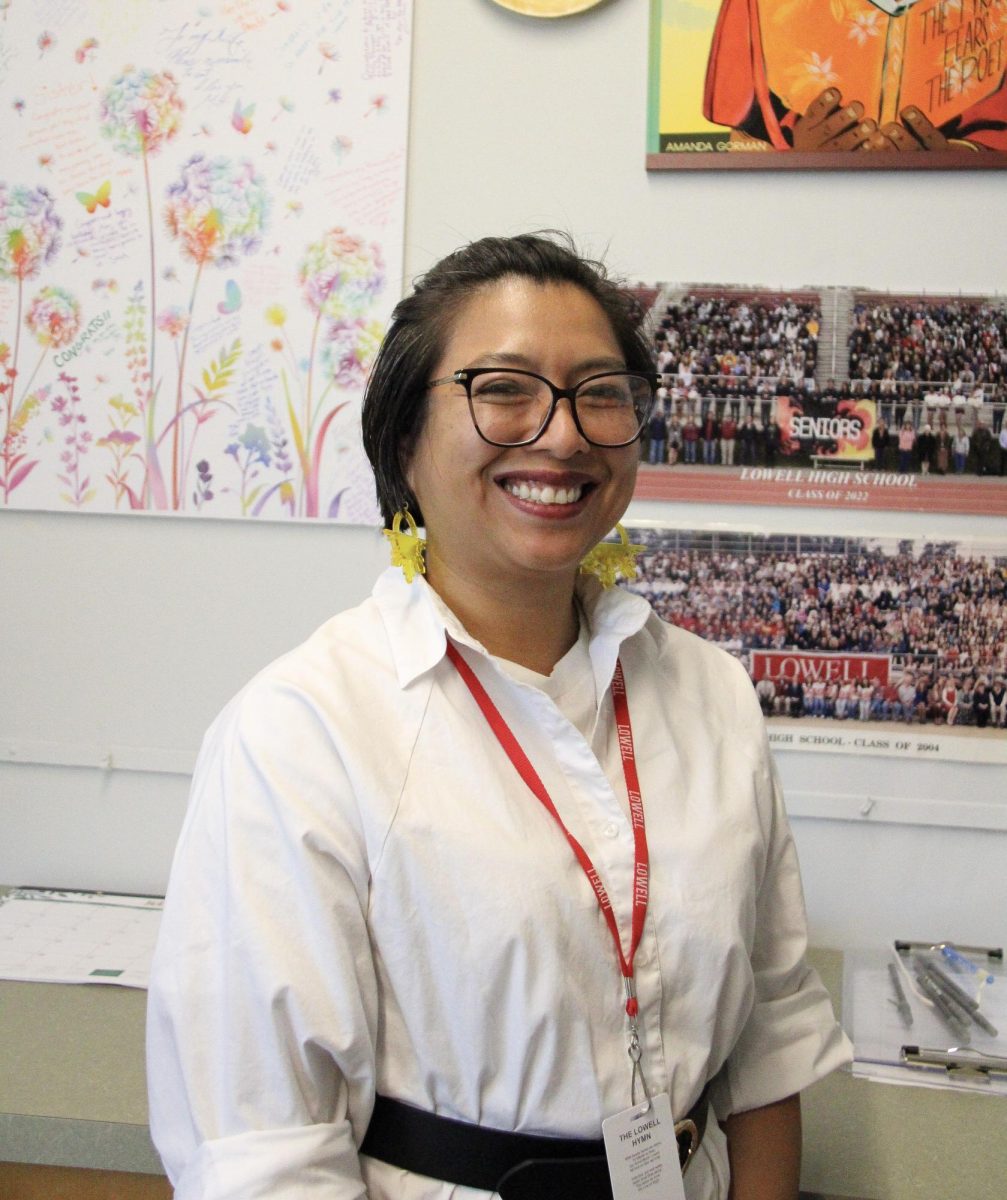
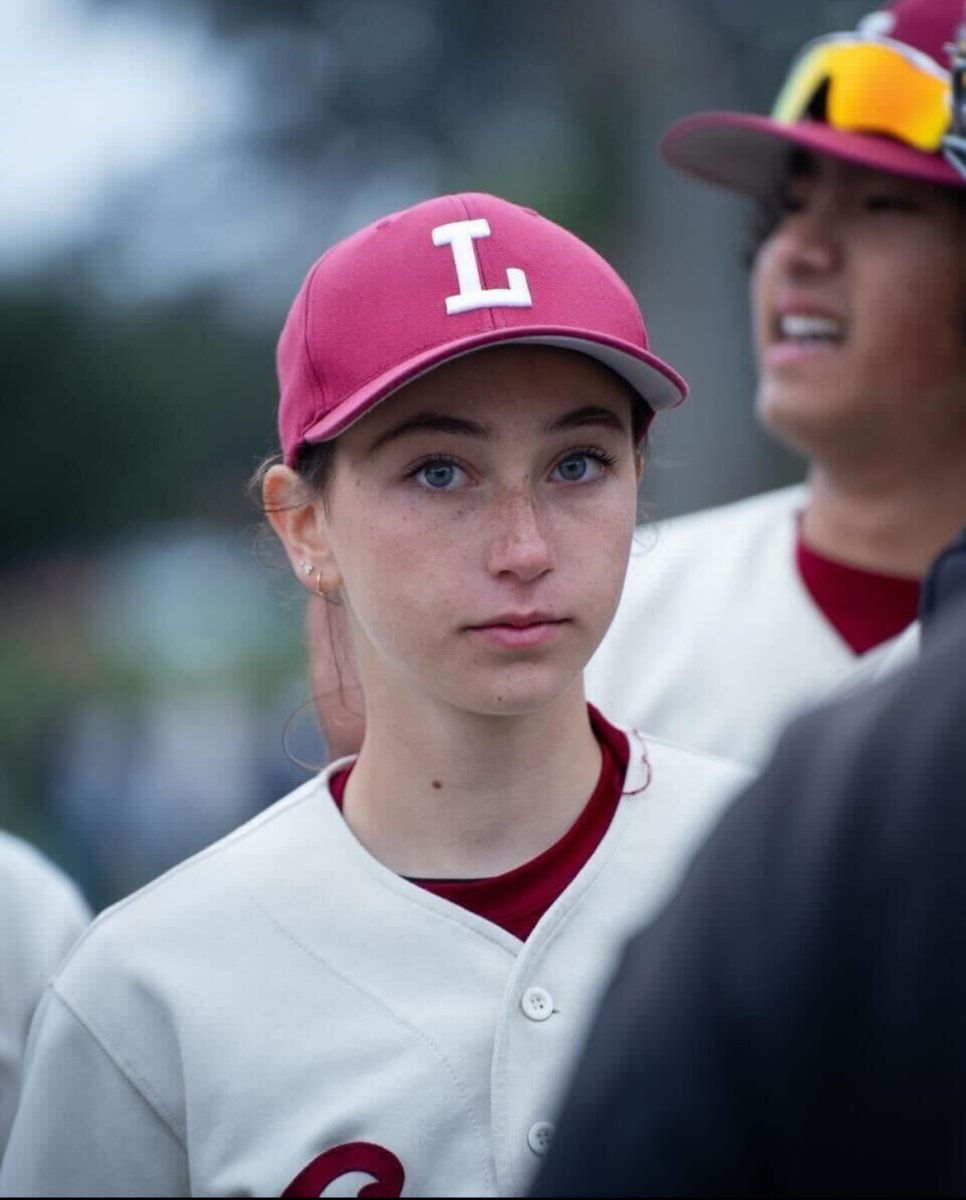
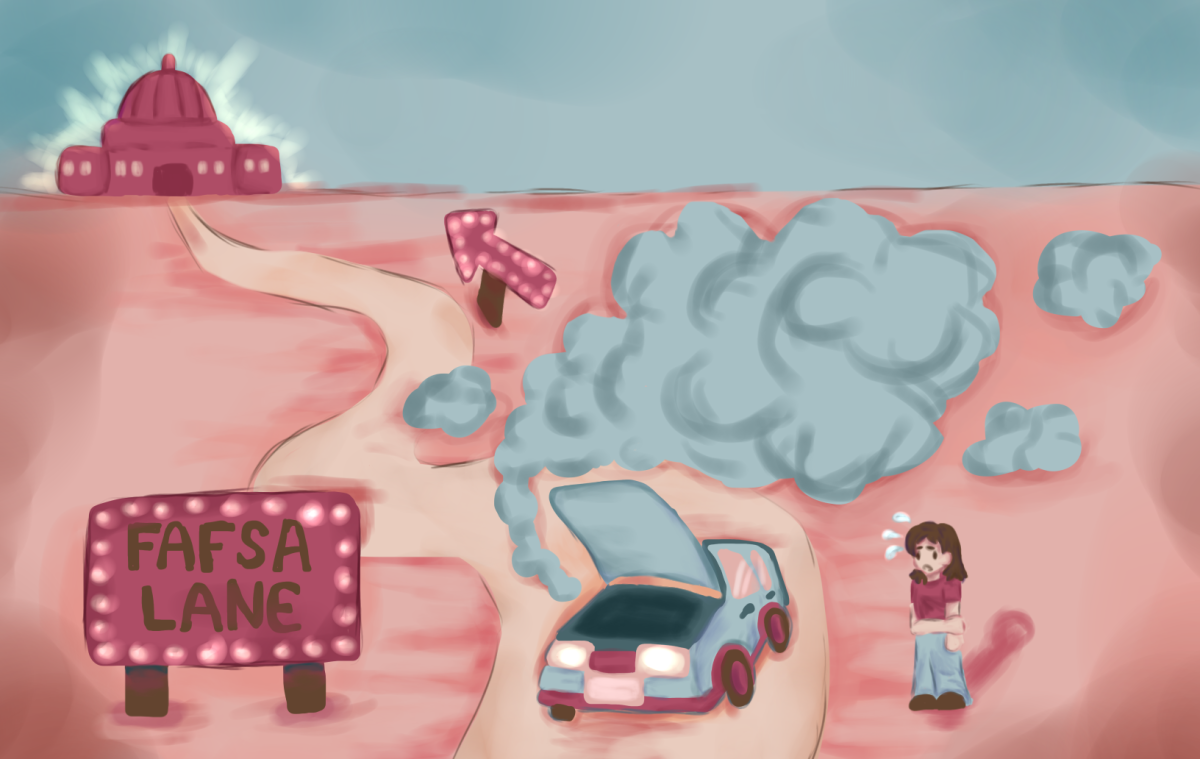
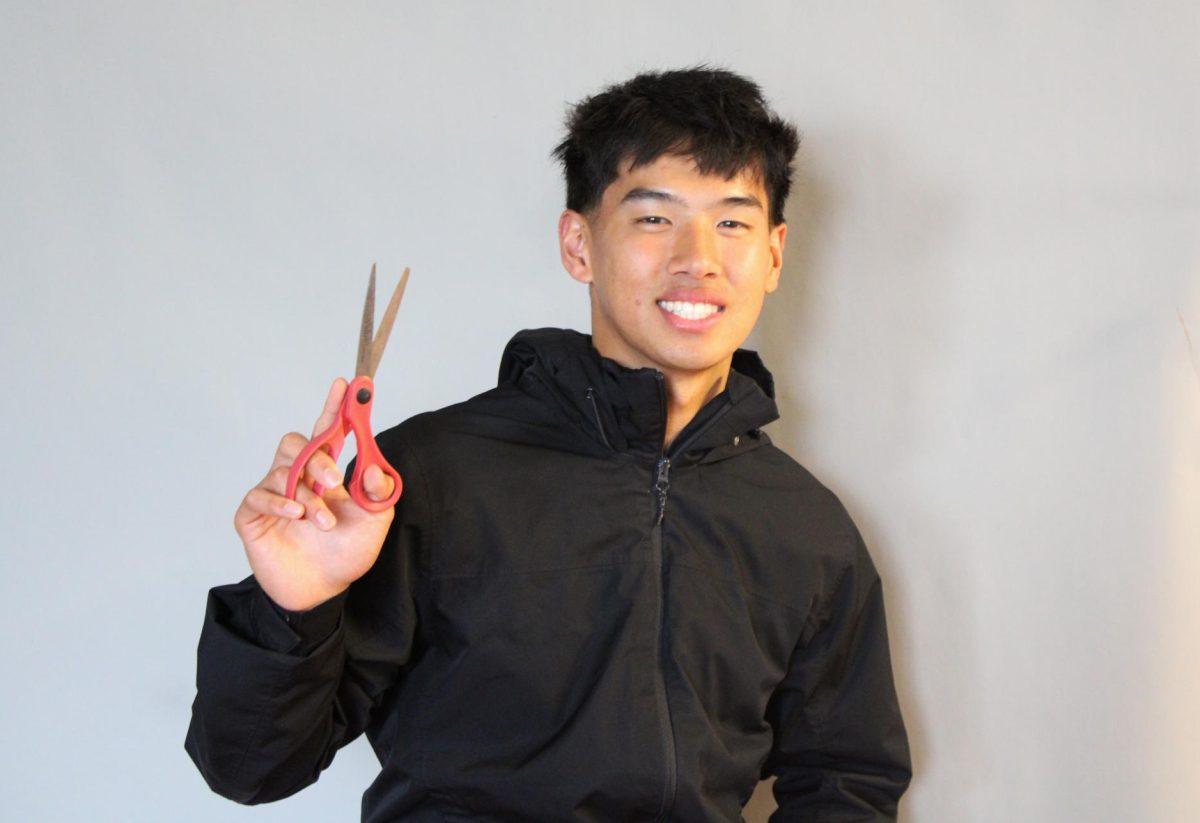

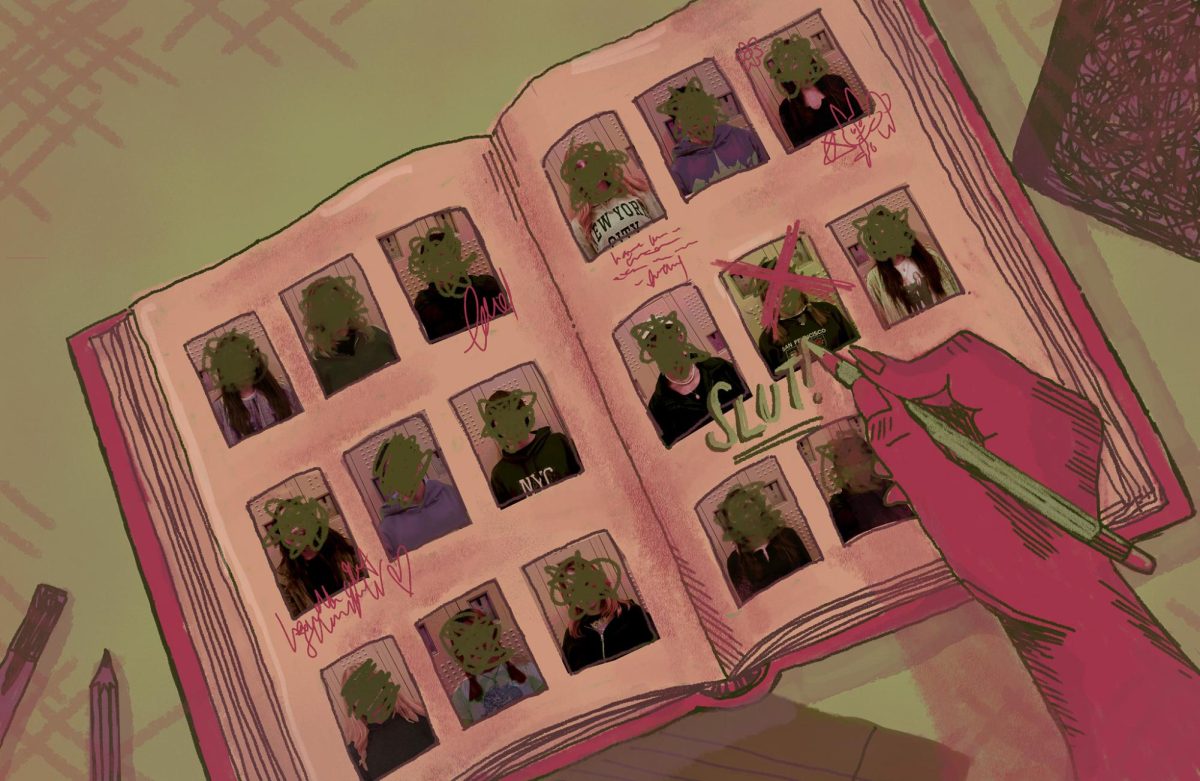
Margie • Oct 24, 2018 at 2:20 pm
Mrs. Bookwalter my love of Shakespeare from Star of the Sea in 1977-8.